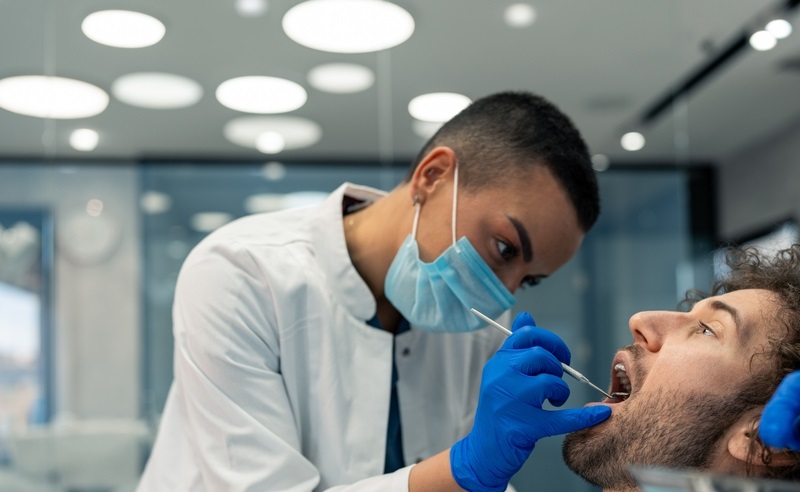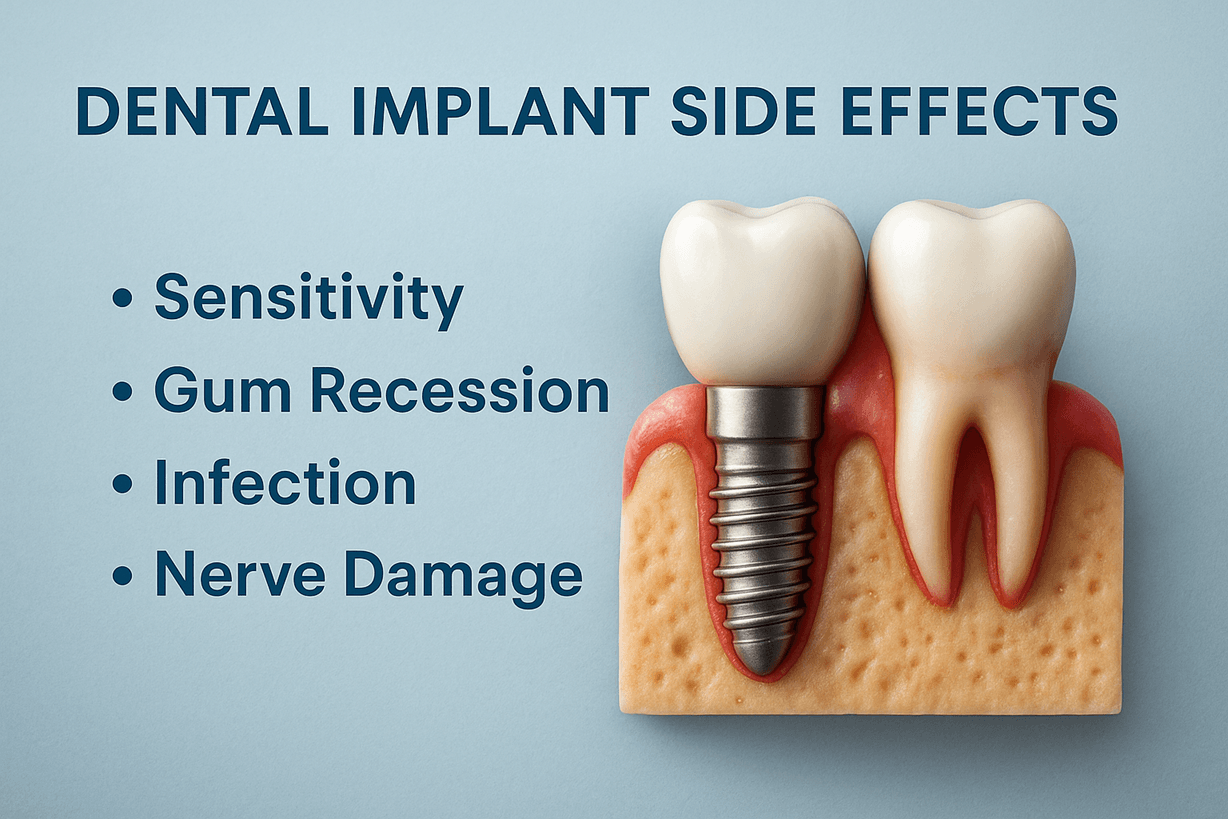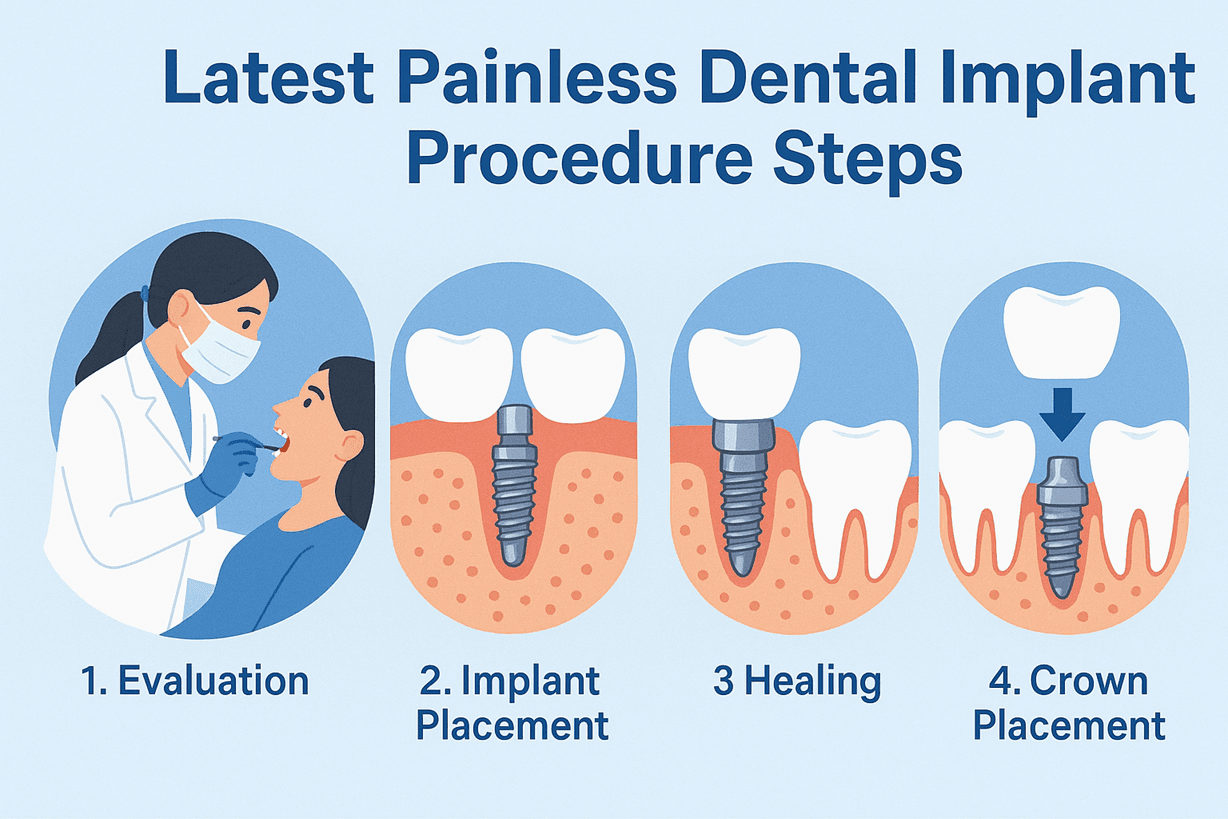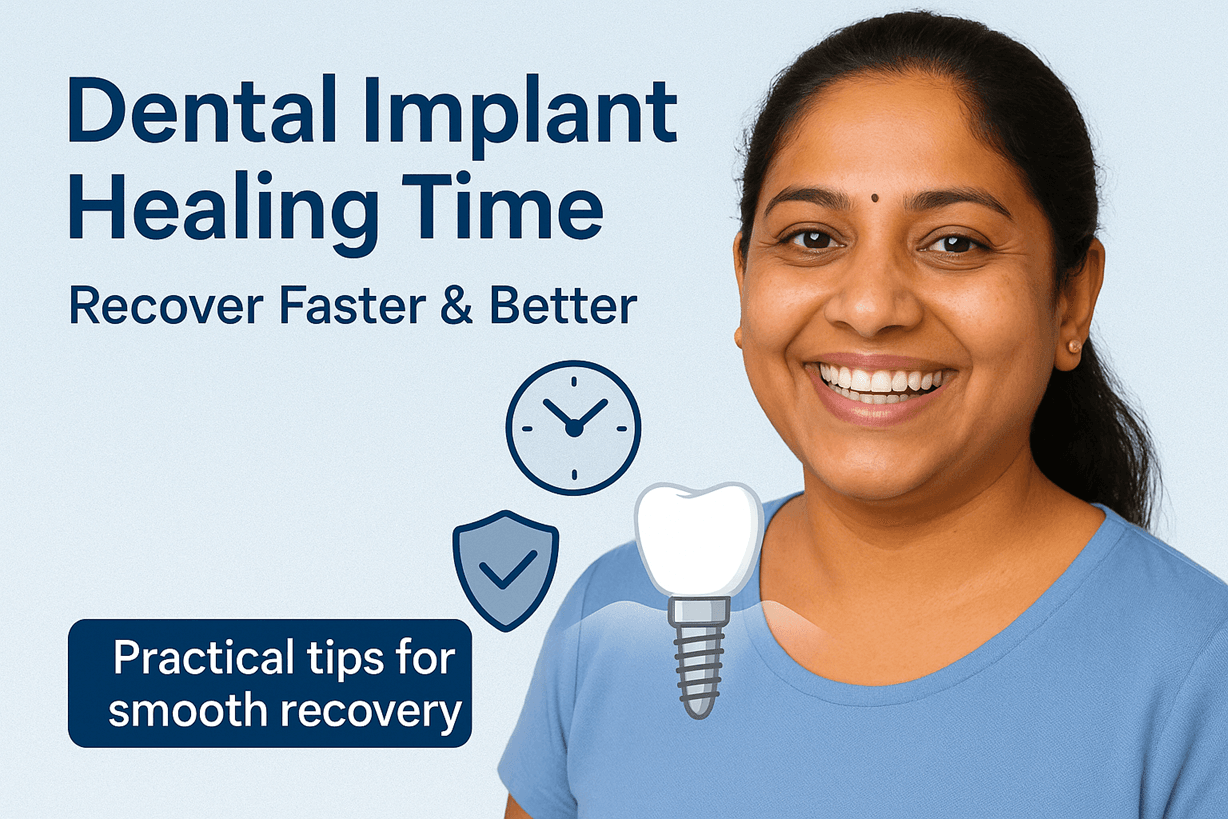Contents
- Understanding Dental Plaques: The Sticky Culprits Behind Oral Health Issues
- The Harmful Effects of Dental Plaques on Your Teeth and Gums
- Breaking Down Dental Plaque Formation: How It Starts and Progresses
- Effective Oral Hygiene Practices: Your Best Defense Against Dental Plaques
- Brushing Techniques and Dental Plaque Removal: The Key to a Healthy Smile:
- The Power of Flossing: How It Helps in Preventing Dental Plaque Build-up
- Mouthwash and Dental Plaque Control: Enhancing Your Oral Care Routine
- Diet and Dental Plaque: Foods to Avoid and Foods to Embrace
- Professional Dental Cleanings: Why Regular Visits are Essential in Plaque Prevention
- Home Remedies and Natural Approaches to Combat Dental Plaques
- Conclusion
- Frequently Asked Questions

Welcome to our comprehensive guide on dental plaques and how to effectively avoid them. Dental plaques are sticky, bacteria-laden films that can wreak havoc on your teeth and gums if left unchecked.
In this blog, we will delve into the detrimental effects of dental plaques, understand how they form, and most importantly, provide you with practical tips and techniques to keep them at bay.
By following our expert advice and incorporating these preventive measures into your oral care routine, you can safeguard your dental health and maintain a radiant smile for years to come.
Understanding Dental Plaques: The Sticky Culprits Behind Oral Health Issues
Dental plaques are at the forefront of oral health issues affecting millions worldwide. These invisible films, consisting of bacteria, food particles, and saliva, adhere to the surfaces of our teeth, creating a breeding ground for trouble.
Dental plaques are notorious for causing tooth decay, gum disease, and a range of other oral health problems. As bacteria in the plaques feast on sugars from our food, they produce acids that erode tooth enamel, leading to cavities.
Moreover, the presence of plaques irritates the gums, causing inflammation and setting the stage for gingivitis and periodontitis.
Understanding the nature and impact of dental plaques is crucial in preventing these oral health issues and maintaining a healthy smile.
The Harmful Effects of Dental Plaques on Your Teeth and Gums
Dental plaques may seem innocuous, but their presence can lead to a myriad of oral health issues. When left untreated, dental plaques create a breeding ground for harmful bacteria, which produce acids that attack tooth enamel, causing cavities.
Additionally, these bacteria irritate the gums, leading to inflammation and gum disease. As the plaque buildup increases, it hardens into tartar, a stubborn substance that can only be removed by a dental professional.
Tartar further exacerbates gum disease and increases the risk of tooth loss. The damaging effects of dental plaques highlight the importance of proactive measures to prevent their formation and maintain optimal oral health.
Breaking Down Dental Plaque Formation: How It Starts and Progresses
Understanding how dental plaque forms and progresses is crucial in combating its negative impact. Dental plaques begin with a biofilm that forms on the surface of the teeth.
This biofilm consists of bacteria, food particles, and saliva, creating a sticky film that adheres to the tooth enamel. Over time, if not properly removed, the plaque accumulates and hardens, leading to tartar formation.
Tartar provides an ideal environment for bacteria to flourish, causing further damage to the teeth and gums. By comprehending the process of dental plaque formation, you can take proactive steps to disrupt it and prevent its progression.
Effective Oral Hygiene Practices: Your Best Defense Against Dental Plaques
Maintaining effective oral hygiene practices is paramount in warding off dental plaques and the subsequent oral health issues they cause.
Brushing your teeth at least twice a day with fluoride toothpaste is crucial to remove plaque from the tooth surfaces. Pay special attention to brushing along the gumline and all surfaces of your teeth.
In addition to brushing, daily flossing is vital to reach the areas between teeth where dental plaques often accumulate. Incorporating antimicrobial mouthwash into your routine can also help kill bacteria and reduce plaque buildup.
Lastly, don't forget the importance of regular dental check-ups and professional cleanings to remove any stubborn tartar and monitor your oral health.
Brushing Techniques and Dental Plaque Removal: The Key to a Healthy Smile:
While brushing is a fundamental aspect of oral hygiene, utilizing proper brushing techniques is equally important in effectively removing dental plaques.
- Start by selecting a soft-bristled toothbrush that can reach all areas of your mouth comfortably.
- Hold the brush at a 45-degree angle to your gums and use gentle, circular motions to clean each tooth's surface thoroughly.
- Pay attention to the inner and outer surfaces, as well as the chewing surfaces. Additionally, don't forget to brush your tongue to remove bacteria and freshen your breath.
- Remember to replace your toothbrush every three to four months or sooner if the bristles become frayed.
By adopting proper brushing techniques, you can minimize plaque buildup and maintain a healthy smile.
The Power of Flossing: How It Helps in Preventing Dental Plaque Build-up
- Flossing is an integral part of a complete oral care routine and plays a vital role in preventing dental plaque build-up.
- While brushing cleans the surfaces of your teeth, it is the spaces between your teeth where dental plaques often lurk.
- Flossing removes plaque and food particles from these hard-to-reach areas, reducing the risk of cavities and gum disease.
- By gently sliding the floss between each tooth, you disrupt the plaque colonies, preventing them from solidifying into tartar.
- Make flossing a daily habit to effectively remove plaque and maintain optimal oral health.
Mouthwash and Dental Plaque Control: Enhancing Your Oral Care Routine
Incorporating mouthwash into your oral care routine can provide an extra layer of protection against dental plaques. Mouthwashes contain antimicrobial ingredients that help kill bacteria and reduce plaque formation.
They also freshen breath and reach areas that may be missed by brushing and flossing alone. Look for mouthwashes with active ingredients like chlorhexidine or essential oils such as tea tree oil or eucalyptus oil, known for their plaque-fighting properties.
However, keep in mind that mouthwash is not a substitute for brushing and flossing but rather a complement to your daily oral hygiene routine.
Diet and Dental Plaque: Foods to Avoid and Foods to Embrace
Your diet plays a significant role in dental plaque formation. Consuming sugary and starchy foods provides fuel for the bacteria in your mouth, leading to an increased risk of plaque build-up.
Avoid or limit foods high in sugar, such as candies, sodas, and pastries. Instead, opt for a balanced diet rich in fruits, vegetables, lean proteins, and whole grains.
Crunchy fruits and vegetables like apples and celery can act as natural cleansers by stimulating saliva flow and mechanically removing plaque.
Additionally, drinking plenty of water throughout the day helps wash away food particles and keeps your mouth hydrated, contributing to plaque control.
Professional Dental Cleanings: Why Regular Visits are Essential in Plaque Prevention
While proper oral hygiene practices at home are crucial, regular visits to your dentist for professional cleanings are equally important in preventing dental plaques.
Dental cleanings performed by a dental hygienist or dentist remove plaque and tartar that cannot be eliminated by brushing and flossing alone.
These cleanings also allow professionals to assess the state of your oral health and detect any signs of potential issues early on. Aim for biannual dental visits to maintain optimal oral health and keep dental plaques under control.
Home Remedies and Natural Approaches to Combat Dental Plaques
In addition to regular oral care practices, several home remedies and natural approaches can help combat dental plaques.
Oil pulling, for example, involves swishing oil (such as coconut oil) in your mouth for several minutes, which can help reduce bacteria and plaque.
Plaque eradication can also be aided by adding baking soda to your toothpaste or using it as a mild abrasive. Additionally, herbal medicines with antibacterial characteristics, including neem and clove oil, can prevent plaque formation.
It's crucial to remember that these natural methods shouldn't be utilised in place of routine brushing, flossing, and professional dental care, but rather as an addition to them.
Conclusion
In conclusion, dental plaques are a prevalent dental worry that if not appropriately treated, can result in a variety of problems with oral health.
You may greatly lower your risk of getting cavities, gum disease, and other dental issues by being aware of the causes and consequences of dental plaques and using effective measures to prevent them.
In addition to paying attention to your food and setting up frequent dental checkups, consistent oral hygiene routines include routine brushing, flossing, and mouthwash use.
You may avoid dental plaques with the help of this knowledge and a proactive attitude to oral hygiene, and you can have a lifetime of healthy, attractive smiles.
Frequently Asked Questions
What is dental plaque?
A sticky, colourless film known as dental plaque develops on the teeth over time. It is made up of saliva, food particles, and germs.
Plaque can solidify into tartar if it is not eliminated, which can cause tooth decay, gum disease, and other oral health issues.
What forms dental plaque?
Dental plaque is created when saliva, food particles, and oral bacteria come together in the mouth. Plaque builds up on the teeth as a result of the acids that the bacteria make attacking tooth enamel.
How to avoid dental plaque?
Good oral hygiene habits must be kept up to prevent dental plaque. This includes using mouthwash, flossing, and cleaning your teeth at least twice a day. Limit starchy and sugary foods as well because they can hasten plaque development.
How to prevent dental plaque?
It takes appropriate oral hygiene practices to prevent dental plaque. Use an antibiotic mouthwash to help kill bacteria, floss regularly to eliminate plaque from between the teeth, and brush your teeth thoroughly at least twice a day.
Plaque build-up can be avoided by scheduling routine dental cleanings at the dentist.
What are dental caries and dental plaque?
Dental caries, commonly known as tooth decay, is the result of dental plaque accumulation. Plaque bacteria produce acids that attack the tooth enamel, leading to the formation of cavities or dental caries.
How to remove dental plaque?
Professional dental cleanings performed by a dentist or dental hygienist are the most effective way to remove dental plaque. They use specialized tools to scrape off plaque and tartar from the teeth.
Regular brushing and flossing at home also help in removing plaque, but professional cleanings are necessary to thoroughly remove stubborn plaque.
How to clean dental plaque?
To clean dental plaque, brush your teeth thoroughly using a soft-bristle toothbrush and fluoride toothpaste. Brush in small circular motions, covering all tooth surfaces.
Remember to clean the areas where the teeth meet the gums. Additionally, floss daily to remove plaque from between the teeth and along the gumline.
How to remove dental plaque easily at home?
While professional cleanings are the most effective way to remove plaque, you can supplement your oral care routine at home. Use an electric toothbrush for better plaque removal.
Consider using an antimicrobial mouthwash to help kill bacteria. Some natural remedies, such as oil pulling with coconut oil or using baking soda as a gentle abrasive, may also aid in plaque removal.
However, these methods should be used in conjunction with regular brushing, flossing, and professional dental care.



